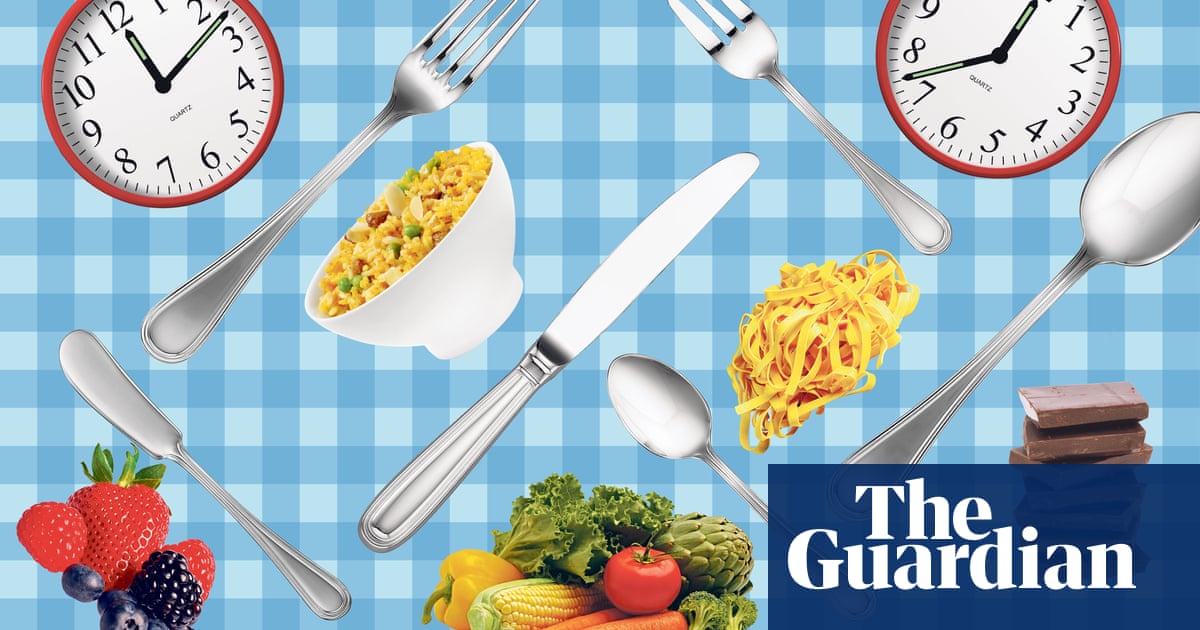
The worldwide trend of intermittent fasting has made headlines in recent months, but what is it?
Intermittent fasting (or IF) is an increasingly popular diet technique
JEDDAH: With the end of the Holy Month almost upon us, many of those who fast during Ramadan have no plans to give it up just yet. The worldwide trend of intermittent fasting has made headlines in recent months — you will have heard of this latest diet craze, but what is it?
Intermittent fasting (or IF) is an increasingly popular diet technique, but as with any dietary change, it is advisable to consult with your doctor if you wish to give it a go — especially if you have pre-existing health issues.
The day is divided between an eating period and a fasting period — just like Ramadan — although, unlike Ramadan, small snacks and water are allowed during the day.
How do I practice intermittent fasting?
The easiest method is the 16:8 ratio technique. It means skipping breakfast, fasting for 16 hours and limiting the eating period to eight hours.
What should I eat?
During the fasting period, you can eat very small quantities (think nuts or fruits) and drink water. During the eating period, the best way is to have two good-sized, healthy and balanced meals and a snack in-between.
Pros of intermittent fasting
IF teaches you what hunger actually is, therefore, you only eat when you are hungry — at least that’s the idea. Moreover, you should eat less because of the shorter eating period, the metabolism is boosted and the body burns more calories and more fat. Additionally, with IF, there is less muscle loss than other weight loss techniques.
Cons of intermittent fasting
Because of the long fasting period, your energy levels might decrease and you might become angry, unproductive and hungry, leading you to binge eat when the time comes. This causes an excess in your caloric intake and problems in digestion.
Can I work out?
Working out after a light meal or on an empty stomach will help you burn fat, however, if you have not eaten any carbs during the eating period, you will lose muscle mass because your body will start burning proteins, so make sure to eat balanced meals.











